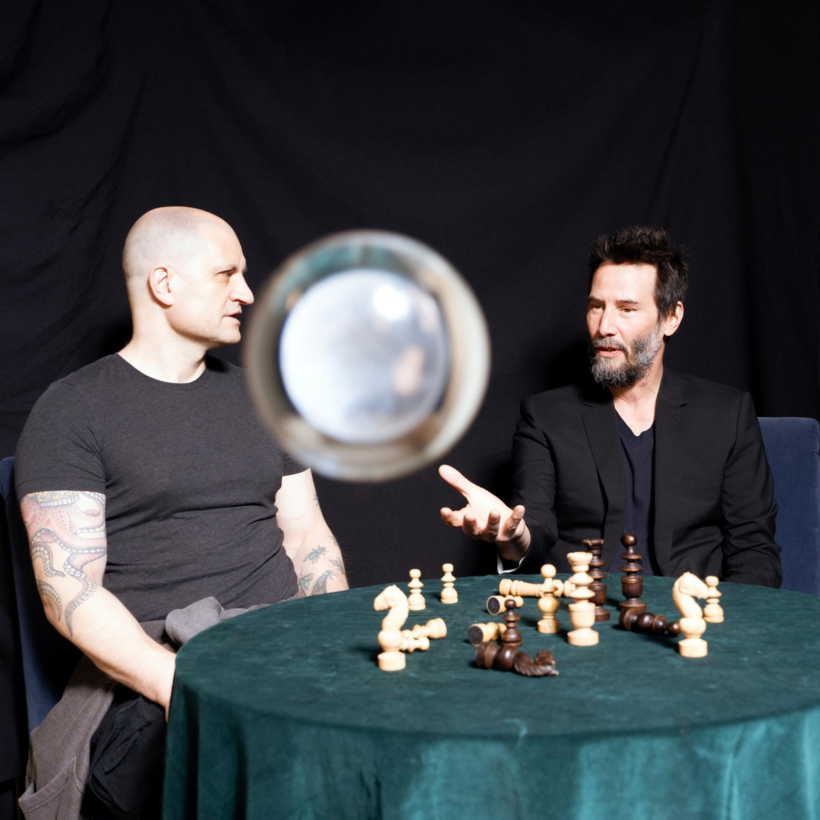The comedic set-up could be a movie. One day a beloved Hollywood megastar e-mails an eccentric British writer seeking to collaborate on a tie-in novel based on an ultraviolent comic book.
The exuberant A-lister envelops the mild-mannered, high-minded homme de lettres. Los Angeles collides with Kilburn. American trash entertainment swallows subtle British intellect whole. Fish-out-of-water confusion, hilarity and (presumably) a product of unparalleled vulgarity follows.

